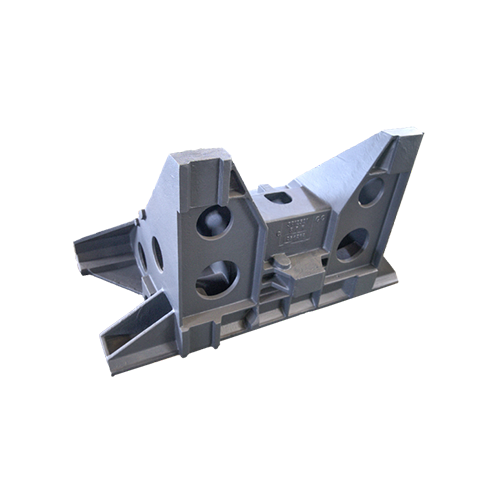In the world of automotive engineering, the constant pursuit of innovation and efficiency has led to the development of various technologies. One such advancement is the electric fuel pump, which has gained popularity due to its potential benefits over traditional mechanical fuel pumps. This article aims to delve into the question: Can a mechanical fuel pump be replaced with an electric one? We will explore the advantages, considerations, and potential challenges associated with this conversion, providing valuable insights for automotive enthusiasts and professionals alike.
- Understanding the Mechanical Fuel Pump:
To comprehend the feasibility of replacing a mechanical fuel pump with an electric one, it is crucial to grasp the functioning and limitations of the mechanical fuel pump. This section will provide a comprehensive overview of the mechanical fuel pump's operation, highlighting its key components, working principles, and common issues faced. - Introducing the Electric Fuel Pump:
In contrast to mechanical fuel pumps, electric fuel pumps utilize advanced technology to deliver fuel to the engine. This section will delve into the working mechanism of electric fuel pumps, emphasizing their efficiency, reliability, and ability to maintain consistent fuel pressure. Additionally, we will explore the different types of electric fuel pumps available in the market, such as in-tank and inline pumps, and their respective advantages. - Advantages of Electric Fuel Pumps:
Replacing a mechanical fuel pump with an electric one offers several potential advantages. This section will discuss these benefits in detail, including improved fuel delivery, enhanced engine performance, increased fuel efficiency, and the ability to support higher horsepower applications. Furthermore, we will highlight the positive impact on vehicle reliability and ease of maintenance. - Considerations before Conversion:
While the idea of upgrading to an electric fuel pump may seem enticing, it is essential to consider various factors before proceeding. This section will address crucial considerations such as compatibility with the vehicle's fuel system, electrical requirements, potential modifications, and the overall cost-benefit analysis. By providing a comprehensive checklist, readers will be equipped to make an informed decision. - Challenges and Potential Solutions:
No technological transition is without its challenges. This section will explore potential hurdles that may arise during the conversion process, such as wiring complexities, fuel system modifications, and compatibility issues. Moreover, we will provide practical solutions and expert tips to overcome these challenges, ensuring a smooth and successful conversion. - Case Studies and Success Stories:
To further solidify the viability of replacing a mechanical fuel pump with an electric one, this section will present real-life case studies and success stories. By examining specific vehicle models and their experiences with the conversion, readers will gain valuable insights into the practical implementation and potential outcomes.
Conclusion:
In conclusion, the decision to replace a mechanical fuel pump with an electric one is a complex undertaking that requires careful consideration. While electric fuel pumps offer numerous advantages, it is crucial to evaluate compatibility, costs, and potential challenges before proceeding. By thoroughly understanding the functioning, benefits, and considerations associated with this conversion, automotive enthusiasts and professionals can make informed decisions to enhance their vehicle's performance and efficiency.


